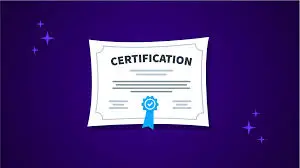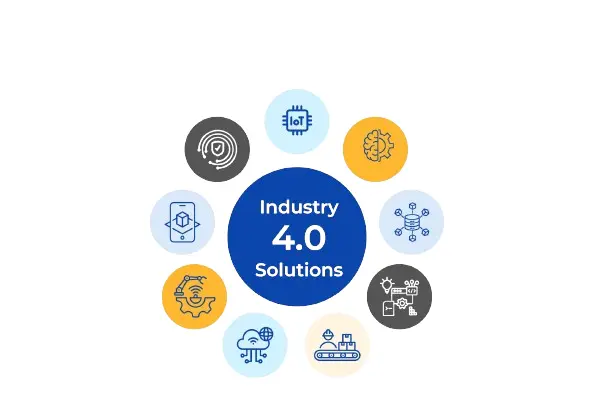Course Overview
This course equips participants with digital solutions for documenting, archiving, and managing cultural heritage. It covers GIS mapping, 3D modeling, digital asset management, and cloud-based preservation, enhancing heritage institutions' capacity to modernize their work.
Duration: 5 Days
Target Audience:
- Archivists and IT officers in culture departments
- Museum and library staff
- Academics and researchers
- Cultural project managers
- Media and creative industry practitioners
Organizational Impact:
- Strengthens digital archiving and accessibility
- Enhances data security and disaster recovery
- Modernizes cultural management systems
Personal Impact:
- Boosts technical competencies in digital tools
- Enables project design in heritage digitization
- Increases confidence in tech-driven preservation
Course Level:
Course Objectives:
- Understand digital archiving principles
- Use GIS and mapping tools for heritage
- Develop and manage digital databases
- Apply 3D documentation and visualization tools
- Promote heritage access through digital platforms
Course Modules:
Module 1: Introduction to Digital Heritage Management
- Evolution of digital tools in heritage
- Benefits and challenges
- Overview of systems and platforms
- Case Study: Digitizing archives in the Kenya National Archives
Module 2: GIS and Mapping for Cultural Assets
- Basics of GIS for non-specialists
- Cultural asset geo-tagging
- Interactive mapping tools
- Case Study: Mapping indigenous shrines in Central Kenya
Module 3: 3D Documentation and Visualization
- Photogrammetry and 3D scanning
- Applications in exhibitions and education
- Creating digital twins
- Case Study: 3D modeling of prehistoric rock art
Module 4: Digital Archiving Systems and Tools
- Metadata creation
- Open-source digital asset systems
- Cloud storage and backups
- Case Study: Developing a local digital heritage platform
Module 5: Promoting Access to Digital Heritage
- Mobile apps and virtual tours
- Digital storytelling techniques
- Online exhibitions and platforms
- Case Study: Virtual museum exhibits for diaspora engagement
Related Courses
Course Administration Details:
METHODOLOGY
The instructor-led trainings are delivered using a blended learning approach and comprise presentations, guided sessions of practical exercise, web-based tutorials, and group work. Our facilitators are seasoned industry experts with years of experience, working as professionals and trainers in these fields. All facilitation and course materials will be offered in English. The participants should be reasonably proficient in English.
ACCREDITATION
Upon successful completion of this training, participants will be issued an Indepth Research Institute (IRES) certificate certified by the National Industrial Training Authority (NITA).
TRAINING VENUE
The training will be held at IRES Training Centre. The course fee covers the course tuition, training materials, two break refreshments, and lunch. All participants will additionally cater to their travel expenses, visa application, insurance, and other personal expenses.
ACCOMMODATION AND AIRPORT PICKUP
Accommodation and airport pickup are arranged upon request. For reservations contact the Training Officer.
- Email: [email protected]
- Phone: +254715 077 817
TAILOR-MADE
This training can also be customized to suit the needs of your institution upon request. You can have it delivered in our IRES Training Centre or at a convenient location. For further inquiries, please contact us on:
- Email: [email protected]
- Phone: +254715 077 817
PAYMENT
Payment should be transferred to the IRES account through a bank on or before the start of the course. Send proof of payment to [email protected]
Click here to register for this course.
Register NowCustomized Schedule is available for all courses irrespective of dates on the Calendar. Please get in touch with us for details.
Do you need more information on our courses? Talk to us.









